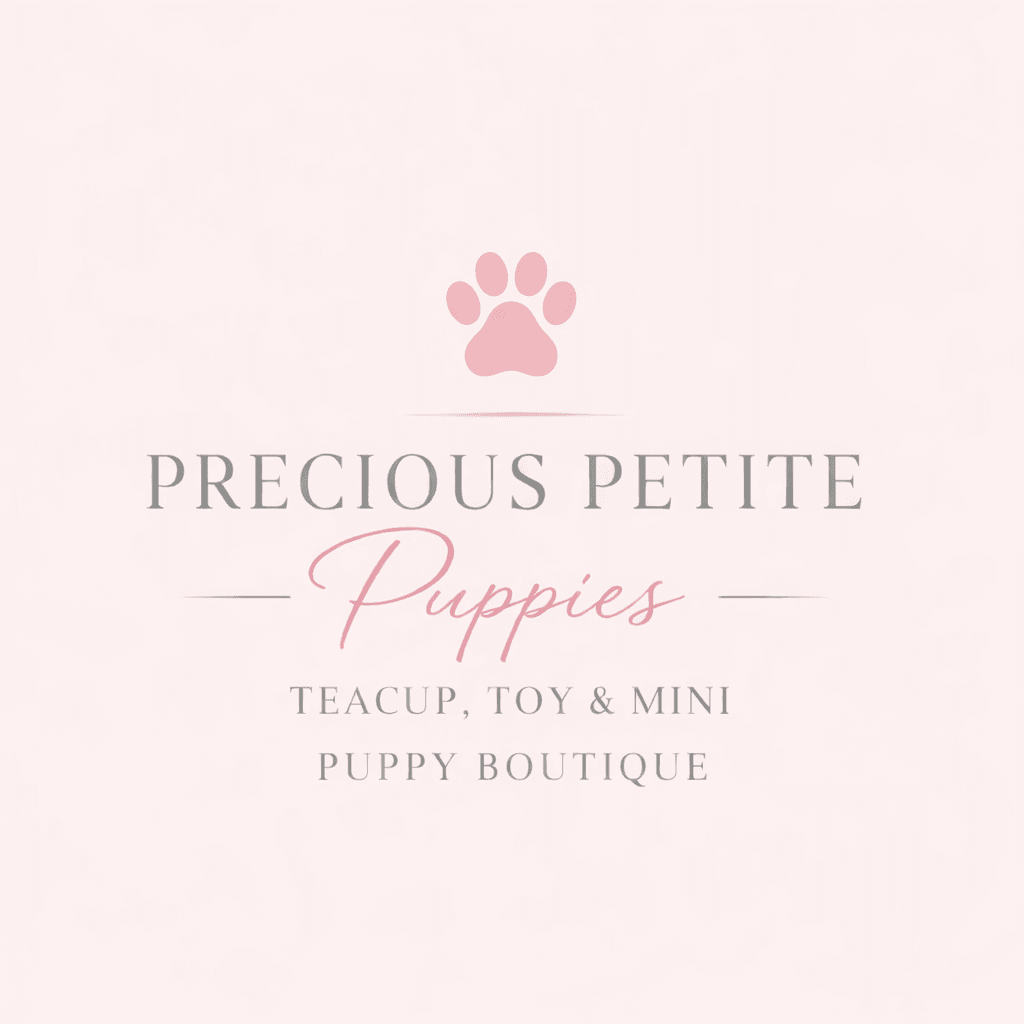Debunking Puppy Myths: What You Really Need to Know
PP
Understanding Puppy Behavior
When bringing a puppy into your home, it's common to encounter a myriad of advice and tips from various sources. However, some of this information can be misleading. Understanding puppy behavior is crucial to ensure the well-being of your new furry friend. Let's debunk some prevalent myths that often confuse new pet owners.

Myth: Puppies Grow Out of Bad Behavior
A common misconception is that puppies naturally grow out of undesirable behaviors like biting or excessive barking. In reality, these behaviors can become ingrained if not addressed early on. Consistent training and positive reinforcement are key to guiding your puppy toward acceptable behavior. Ignoring these habits can lead to long-term issues that are harder to correct.
Myth: Puppies Shouldn't Be Socialized Until Fully Vaccinated
While it's crucial to protect your puppy from diseases, waiting until they are fully vaccinated to start socialization can be detrimental. Early socialization is vital for developing a well-adjusted dog. Introduce your puppy to various environments, people, and other animals in a controlled and safe manner to build their confidence and adaptability.

Health and Nutrition Misconceptions
Puppy nutrition is another area laden with myths. Providing the right diet is essential for their growth and development, but misinformation can lead to poor choices. Understanding what your puppy needs nutritionally will set the foundation for a healthy life.
Myth: All Puppies Should Eat the Same Food
Puppies have different nutritional needs based on their breed, size, and activity level. The "one size fits all" approach doesn't apply here. Consult with your veterinarian to determine the best diet tailored to your puppy's specific requirements, ensuring they receive the appropriate balance of nutrients.

Myth: Table Scraps Are Fine for Puppies
Feeding your puppy table scraps might seem harmless, but it can lead to nutritional imbalances and unhealthy weight gain. Certain human foods are toxic to dogs, such as chocolate, grapes, and onions. It's essential to stick to a diet formulated specifically for puppies to avoid potential health issues.
Training and Discipline Misunderstandings
Proper training is pivotal in raising a well-mannered puppy. Unfortunately, many myths surrounding training methods can hinder progress and create confusion for both pets and owners.
Myth: Crate Training Is Cruel
Contrary to popular belief, when done correctly, crate training can provide a safe haven for your puppy. It mimics the den environment dogs naturally seek in the wild, offering them comfort and security. Ensure the crate is a positive space by associating it with treats and praise, never using it as a form of punishment.

Myth: You Can't Teach an Old Dog New Tricks
This age-old saying implies that puppies must learn everything while young, but dogs of all ages are capable of learning. While younger dogs may pick up new commands more quickly, patience and consistency can yield successful training outcomes at any age. Remember that positive reinforcement and patience are key elements in any training regimen.
